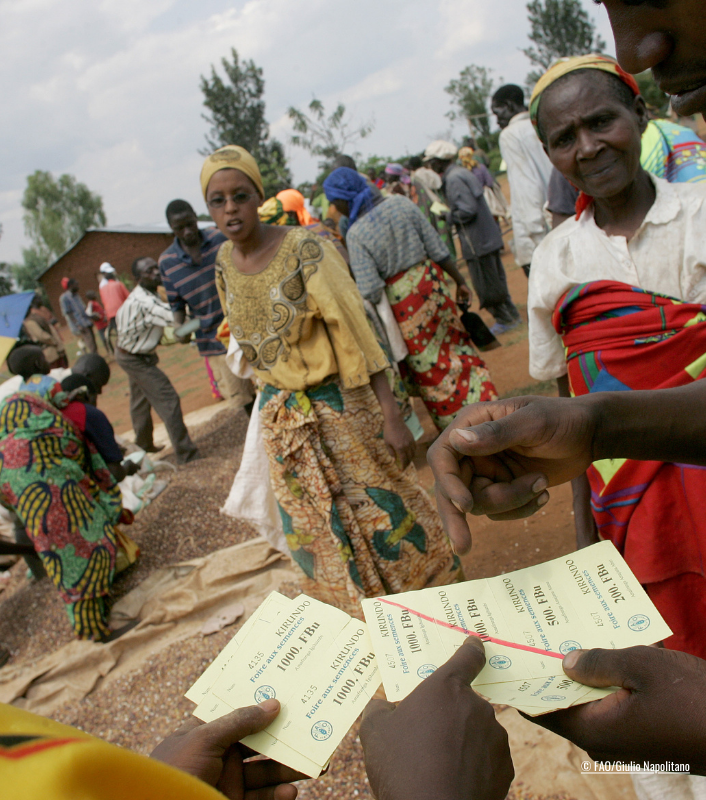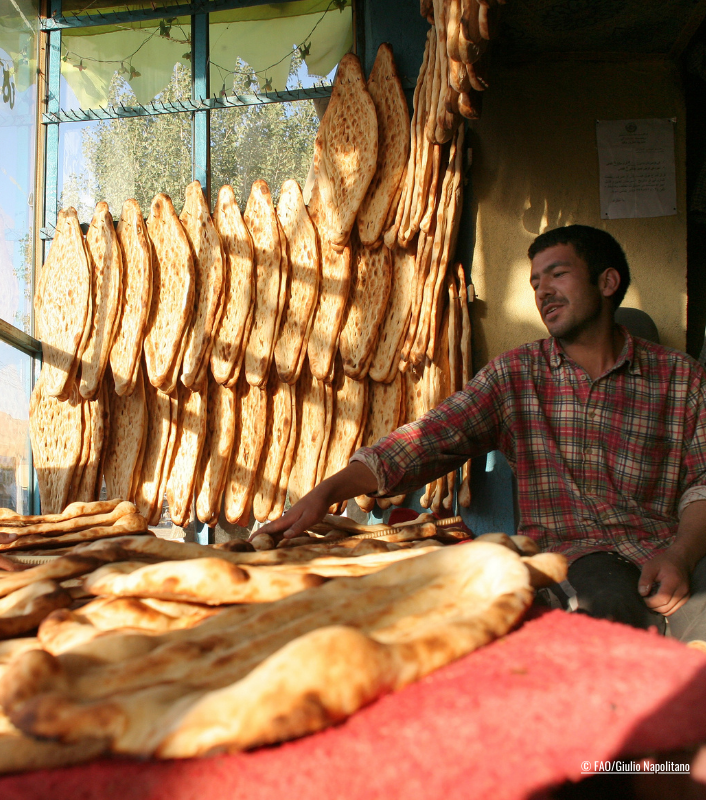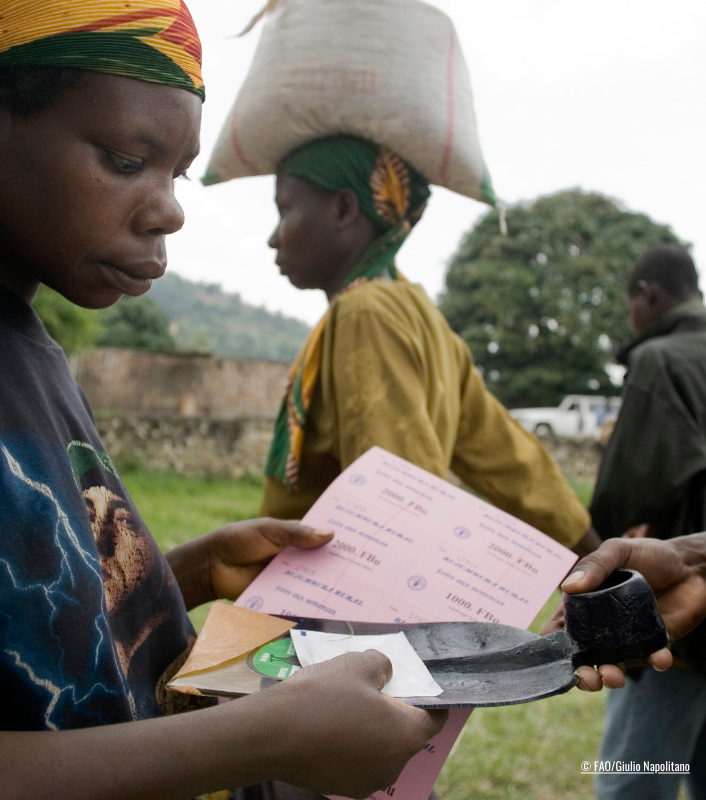COUNTRY ASSISTANCE
Advance equitable livelihoods and decent work and empowered communities
Social Protection and Food Systems Transformation
Type of Assistance
- Strategies and policies formulation: support the formulation or review of national food system related strategies, policies and legal frameworks. Normative guidance: e.g. development and review of guidelines and how to use them at country level
- In-country technical support missions for pathways development, operationalization or implementation (system-wide or thematic). Expert assistance: deploy or assign expert to country remotely or physical and maintain roster of experts and thought Leaders
- Analytics: assessments, analysis, data collection, evidence generation and monitoring, solution scanning and modeling. Monitoring and Evaluation support: identifying meaningful progress indicators, developing results frameworks and M&E plans
Coverage: Global- English, Spanish, French and Arabic Languages
Summary of Assistance:
The Social Protection and Food Systems Transformation Coalition is dedicated to strengthening the connection between social protection and food systems through research and data-driven approaches. It aims to enhance national social protection and food systems, thereby accelerating progress towards achieving SDG 1 and SDG 2, which target poverty reduction and ending hunger, respectively.
The coalition focuses on three main areas of action. Firstly, it generates and synthesizes knowledge to support those who are taking action. This involves producing knowledge products such as evidence reviews and think pieces that highlight the importance of appropriate linkages between social protection and food systems. It also facilitates learning by exchanging knowledge, solutions, and good practices to overcome challenges identified by countries.Secondly, the Coalition engages in critical dialogues, led by governments, to address emerging priorities. These dialogues help respond to current issues and shape effective policies. Thirdly, it advocates across sectors to strengthen the synergies and impact of social protection and food systems, fostering collaboration and partnerships.
To support their action areas, the coalition undertakes several activities including: (1) resource mobilization, (2) technical assistance, (3) capacity strengthening, (4) South-South learning facilitation, and (5) research and knowledge generation and sharing.
Focal Points and Contact: Juan Gonzalo Jaramillo Meijia, [email protected], Saskia de Pee, [email protected]


Decent Work for Equitable Food Systems Coalition
Type of Assistance
- Technical support in the formulation or review of national policies, strategies and regulatory frameworks related to food systems to ensure that they integrate employment and labour issues and effectively promote decent work across the food supply chain.
- Capacity strengthening support through needs-based training programmes on relevant employment and labour issues, including international labour standards (e.g. OSH, child labour and other fundamental principles and rights at work); quality employment creation, in particular for youth and other vulnerable groups; and social and labour protection.
- Support in the establishment or strengthening of sector-specific social dialogue platforms / mechanisms bringing together relevant ministries and state institutions, organizations of workers and employers, civil society organizations, academia and all other relevant stakeholders, to help identify solutions that work for all while contributing to the promotion of policy coherence across relevant national development strategies and initiatives.
- Support in the formulation and implementation of development cooperation initiatives on the promotion of decent work in the agri-food sector, including quality employment and entrepreneurship opportunities, with a focus on specific agri-food sub-sectors or supply chains.
Coverage: Global
Summary of Assistance:
The Decent Work for Equitable Food Systems Coalition provides technical support to Member States in the formulation and implementation of policies and programmes that advance decent and productive employment across food systems.
The Coalition works on three major work streams:
- Supporting the development, operationalization and implementation of policies and strategies targeting food systems that integrate employment and labor issues.
- Facilitating social dialogue, also contributing to a systems approach by bringing together Ministries of Labour, Agriculture, and other relevant government institutions, including local governments, employers’ and workers’ organizations, and non-state actors to advance decent work in food systems.
- Implementing interventions and targeted action to support the generation of quality employment and entrepreneurship opportunities, and the promotion of workers’ rights, especially for the most vulnerable, in specific agri-food sub-sectors or supply chains.
Engagement at the country level is supported by the International Labor Organization (ILO), the International Fund for Agricultural Development (IFAD), and CARE International.
Focal Points and Contact: Mollie Brennan (IFAD), [email protected] ; Christine Campeau (CARE), [email protected] and Elvis Beytullayev (ILO) [email protected]
Public Development Banks (IFAD)
Type of Assistance
- In-country technical support missions for pathways development, operationalization or implementation (system-wide or thematic. Expert assistance: deploy or assign expert to country remotely or physical or maintain roster of experts and thought Leaders
- Capacity strengthening support for a contextualized “food systems approach” and tailored training programmes for country level
Coverage: Latin America and the Caribbean, Africa, and Asia
Summary of Assistance:
The agricultural Public Development Banks (PDBs) Platform aims to provide services to the national agri-PDBs through a process of sharing experience through working groups, technical assistance to design green and inclusive financial products, tools to measure the impacts, and support to financial innovation[TMA1] . The PDB Platform goal is “identify, test, and advocate for effective carbon-neutral approaches to PDB financing of green and inclusive food systems through a global approach, including information sharing between regions.”
Led by the International Fund for Agricultural Development (IFAD), with a financial support from EU and AFD the platform works on three pillars;
- Learning and knowledge management: identify and share knowledge about green and inclusive finance practices in food systems
- Capacity building and innovation: deliver technical assistance and support PDBs to pilot test effective approaches to financing green and inclusive food systems
- Advocacy and awareness-raising: promote the role of PDBs in financing green and inclusive food systems to international funders, national governments, and other stakeholders in food systems

